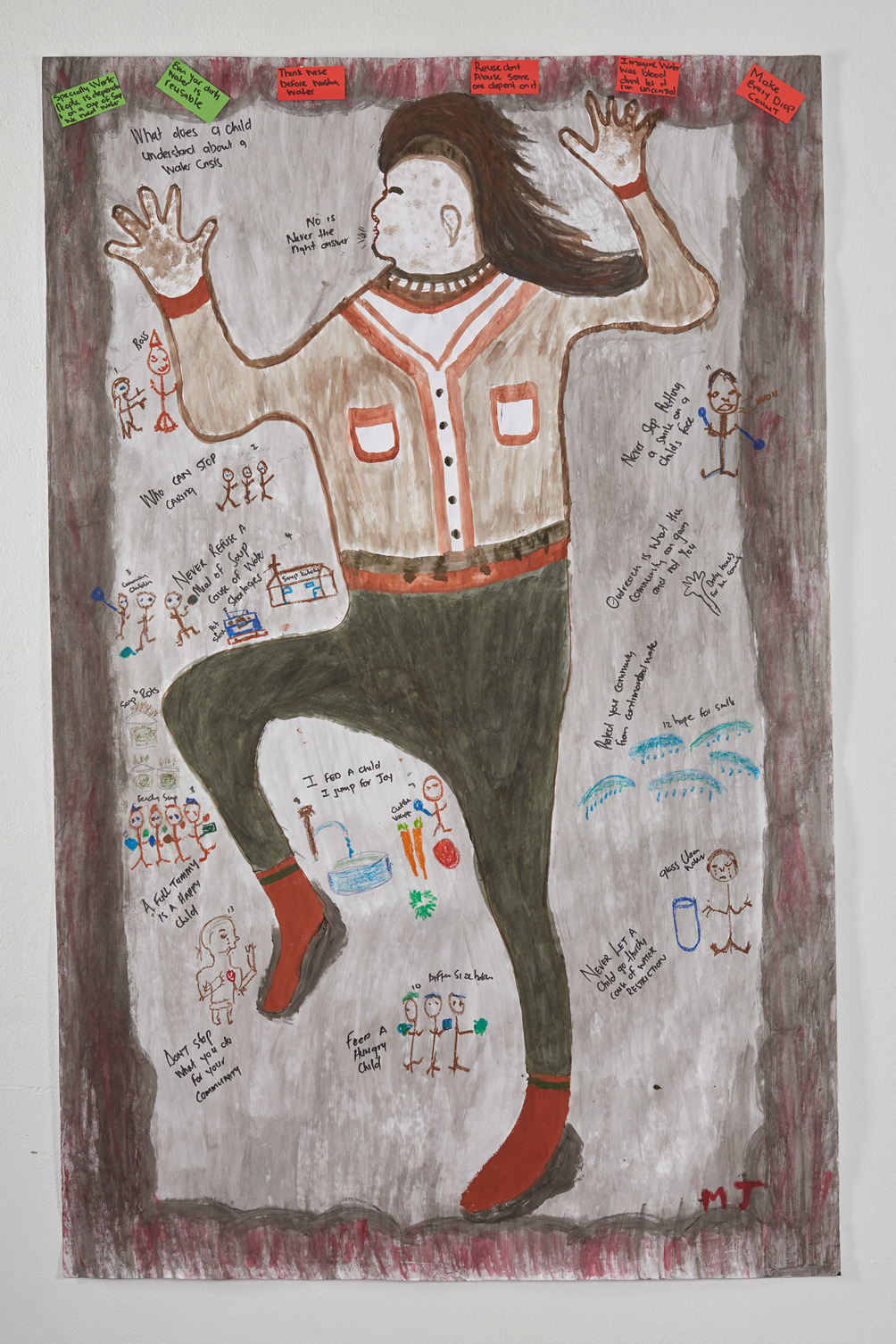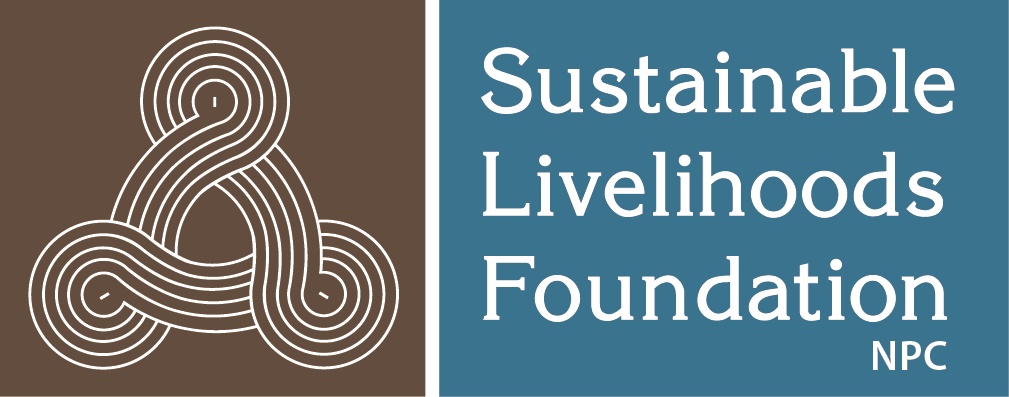 In this paper from Frontiers in Public Health, Steps Toward Engagement Integrity: Learning From Participatory Visual Methods in Marginalized South African Communities, authors Gill Black and Pam Sykes describe the 'Bucket Loads of Health' (BLH) project in South Africa.
In this paper from Frontiers in Public Health, Steps Toward Engagement Integrity: Learning From Participatory Visual Methods in Marginalized South African Communities, authors Gill Black and Pam Sykes describe the 'Bucket Loads of Health' (BLH) project in South Africa.
The project was carried out during the 2018 Western Cape water crisis, under the growing threat of “Day Zero”. The authors introduce the concept of engagement integrity to capture the gap between recommended standards of community engagement formulated by global health organizations and what is realistically achievable in marginalized contexts characterized by structural deficits and political exclusion. They ask if funders, researchers, engagement practitioners, community members and government bodies are ready to work in partnership and commit the time, energy, resources, and humility that will be required to achieve true engagement integrity.
Conclusions:
- The participatory creation and interactive discussion of visual materials by both researchers and community members can promote reciprocal listening and co-learning.
- Roleplay in particular can help to surface important points of tension and stimulate needed conversations between community members and research teams.
- Building engagement integrity through a participatory visual methods approach requires sufficient funding and a substantial investment of time and preparation, especially when marginalized communities are involved.
- To be effective, community engagement needs to be reflexive and open to going in unforeseen directions.
- Core standards of engagement recommended for community engagement and involvement carry no real weight unless participation, empowerment and ownership, inclusion, two-way communication, adaptability and localization, and capacity development are actually realized to the satisfaction of the communities where research is undertaken.
The 'hand mapping' method used in the BLH project is included as supplementary material; it was a pivotal element of the engagement process as it helped to balance out power dynamics between the participating community groups and water microbiology research team.
This paper is one of a collection of 10 articles on public and community engagement in global health science research published in 2022.
Download the paper here [PDF, 6MB]
Find out more about Sustainable Livelihoods Foundation
This work is licensed under a Creative Commons Attribution 4.0 International License



Please Sign in (or Register) to view further.